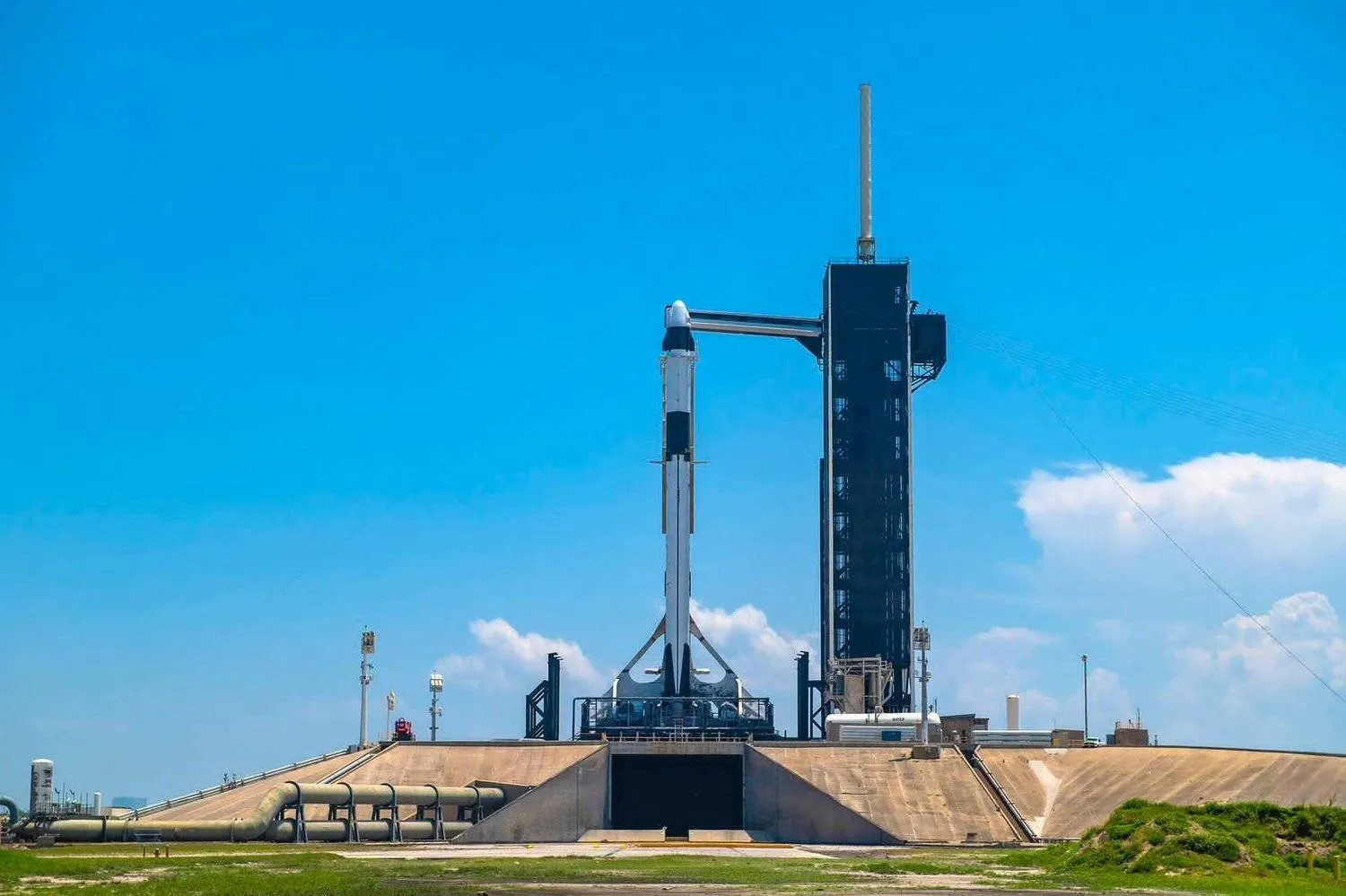In a momentous endeavor, the Falcon 9 rocket embarked on a triumphant mission, ferrying Saudi astronauts Ali Al-Qarni and Rayana Barnawi to the International Space Station.
This pivotal event is anticipated to herald a significant advancement for Saudi Arabia’s expanding economic landscape.
Aligned with the visionary objectives of Vision 2030, the mission symbolizes the nation’s steadfast commitment to diversifying its economy through the establishment of cutting-edge industries.
As the global aerospace sector witnessed an astonishing 13% growth rate in 2022, resulting in a staggering $400 billion valuation, and with projections indicating a potential surge to $2 trillion by 2040, Saudi Arabia is diligently working towards securing its role as a key player in this thriving international arena.
Leveraging its extensive capacities across diverse domains, notably in manufacturing encompassing metals, petrochemicals, and bolstered by its strategic logistical position, the Kingdom is resolute in establishing a prominent presence within the aerospace industry.
According to experts surveyed by Asharq Al-Awsat, the Saudi government has undertaken significant measures in recent years to establish the necessary infrastructure and develop a skilled workforce in the pursuit of space exploration.
This includes the establishment of a specialized authority and a Supreme Space Council, led by Crown Prince Mohammed bin Salman, who is also the Prime Minister.
These initiatives provide a strong impetus to achieve set goals and contribute to the historic achievements of the country.
Speaking to Asharq Al-Awsat, space expert Mulhim Hindi affirmed that the Saudi space strategic plan is long-term and aims to achieve significant national accomplishments and economic returns. It seeks to build a new industry and localize it to diversify sources of income.
Hindi then mentioned that Riyadh has various avenues to enter the field of space, ranging from rocket structure manufacturing to its distinguished mining industries.
Additionally, the petrochemical sector plays a crucial role, as there will be an increasing demand for it as rocket fuel.
Hindi also noted that countries will compete to secure sufficient reserves of petrochemicals to ensure the continuity of their aerospace industry.
As part of Saudi Arabia’s strategy, these industries are planned to be fully localized within the Kingdom, including the construction of space rocket launch platforms, added Hindi.









